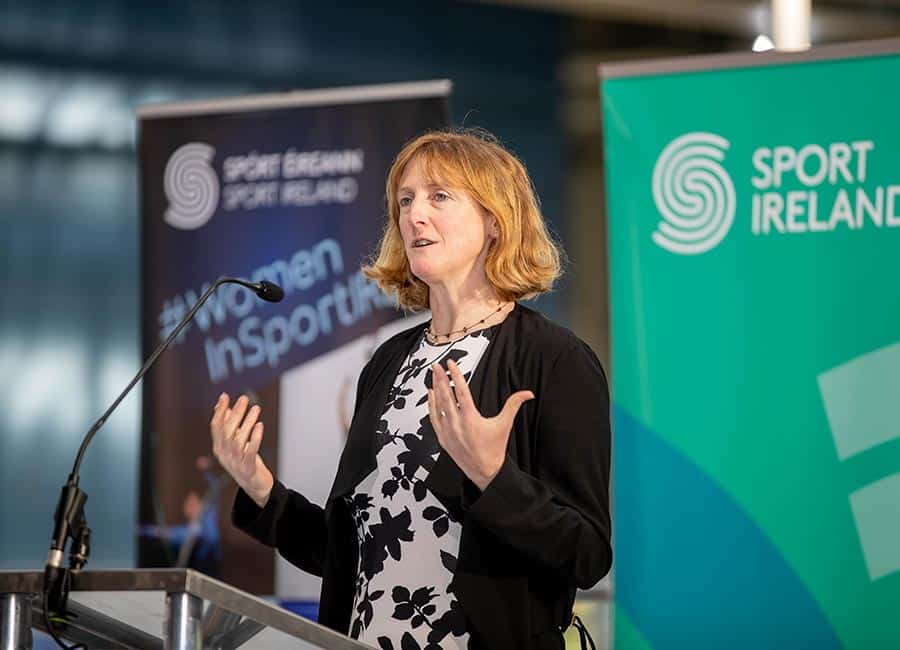Ireland edged closer to power cuts with the second day of an amber alert as the national grid said low wind, unexpected power plant shutdowns and limited imports meant that supplies were running tight.
It comes as energy experts warned that Ireland is the "worst prepared country in Europe" for an energy crisis and the possibility of rolling blackouts would be "catastrophic".
Europe could be hit by electricity blackouts in the next few months if average temperatures fall and cause an increase in demand, analysts at the investment bank Goldman Sachs have warned.
Last night, sporting bodies were also examining the prospect of how games could go ahead this winter if there are blackouts and what back-up measures could be taken to prevent events from being cancelled if the power is cut. The Commission for Regulation of Utilities (CRU) is examining measures to force large energy consumers - such as data centres - to use their own power generation capabilities rather than using the national grid.
Last night, EirGrid, the State-owned electric power transmission operator, issued a 'system warning', also known as an amber alert, to the electricity market.
An EirGrid spokesman said the alert was issued as "the buffer between the demand for electricity and the available supply [was] smaller than optimum".
He added: "It does not indicate a loss of electricity supply to customers. We are monitoring the situation in the short-term, working with conventional generators and demand-side resources to maximise their availability to the grid.
"EirGrid is also working with its regulator, CRU, and with the Department of Environment on solutions that will address security of supply in the medium to long term."
It was expected that the system alert would be lifted yesterday evening. The spokesman added that the group would "communicate promptly" if there were any significant changes to the status of the power system.
A report from EirGrid previously warned that Ireland could be facing electricity shortages for the next five winters. This was due to increased demand and the closure of older power plants. There has been growing concern about the possibility of blackouts and brownouts this winter.

When asked about contingency planning in the event of blackouts, Dr Una May, the chief of Sport Ireland, told reporters "this is certainly something we've considered".
She added: "We have set aside funding for sports to help them to recover from the pandemic and I think this is all related.
"We see the potential opportunity there to maybe provide additional supports - we'll see how it pans out. We don't want sport to be impacted negatively by these factors.
"And I think it's an opportunity as well, if you're on the (National Sports) Campus, for example, all of the lighting on the campus has been converted to LED.
"So we'd like to continue to support and promote sustainability in sport wherever we can. But these initiatives take time, money and energy from everybody's point of view.
"It's all about that sustainable change that we're looking across, be that culture, sustainability - generally providing governing bodies with the supports they need to make their sports accessible at all times."
Pressure on energy supplies has been exacerbated by the war in Ukraine and the dependence of some EU member states on Russia for supplies. The Economic Social Research Institute said that energy supply is "as tight as we've been in a long time".











